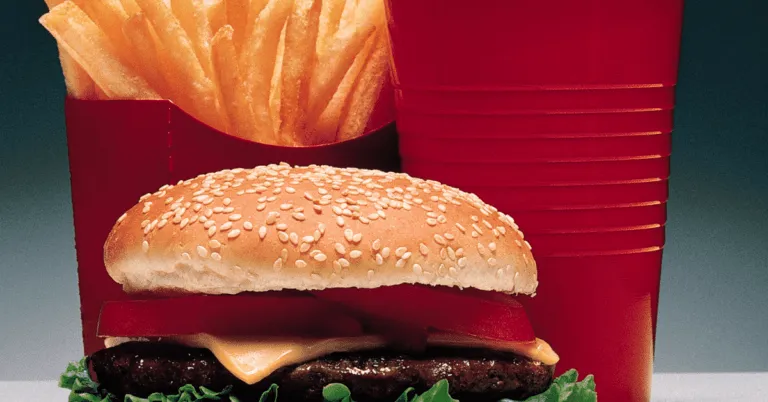How To Stop Being An ‘Emotional Eater’
Being an ‘emotional eater‘ is just what it sounds like — it’s when you eat to get your mind off whatever tensions you’re experiencing, in the hope that food will certainly make you feel better.
Stress and monotony can activate psychological issues, particularly when you’re stuck at home and surrounded by food all day long. High-calorie snacks can boost the release of certain chemicals in the brain that make us feel great.
However, likewise, make us keep eating and eating and eating. In a vicious circle, eating way too much can bring about weight gain — increasing stress and anxiety, which, in turn, can cause even more overeating.

How To Recognize Your Emotional Eating Triggers
If you discover that your eating habits change when you have a lot more stress and anxiety in your life — if you’re investing more time hanging around in front of your fridge or junk-food drawer, you may be stress eating.
Other indicators to be familiar with consist of eating when you are not hungry or when you’re full, eating to prevent dealing with a challenging scenario, eating to soothe your sensations, or using food as a reward.
The Difference Between Emotion-driven Hunger And Physical Hunger
| Emotional Hunger | Physical Hunger |
| Emotional hunger comes on suddenly | Physical hunger comes on gradually |
| Emotional hunger feels like it needs to be satisfied instantly | Physical hunger can wait |
| Emotional hunger craves specific comfort foods | foods Physical hunger is open to options—lots of things sound good |
| Emotional hunger isn’t satisfied with a full stomach. | Physical hunger stops when you’re full |
| Emotional eating triggers feelings of guilt, powerlessness, and shame | Eating to satisfy physical hunger doesn’t make you feel bad about yourself |
What’s The Best Way To Avoid Being An Emotional Eater?
One of the essential points every person needs to be doing right now is to take the best possible care of themselves, which includes exercise and healthy eating behaviors to keep yourself healthy. Right here’s my advice on just how to quit emotional eating.
Own Up To Your Emotions
You know that your emotions are the main trigger for stress eating, so why not acknowledge them? It’s OKAY to feel crazy, lonesome, or bored occasionally.
Discover Healthy Alternatives to Emotional Eating
A vigorous walk or a cup of detoxifying tea might work as an alternative to eating junk food. Switch to denser foods; try snacking on a handful of almonds or baby carrots.
Practice Mindfulness When Eating
When you eat mindfully, you are aware of your interior signals of hunger and also fullness. Conscious eating can help you stay clear of overeating and permit you to enjoy your food a lot more — even when you eat much less.
Don’t Be Afraid To Get Help
Avoid personal isolation when feeling sad or depressively anxious. Even a quick phone call to a friend or family member can do wonders for your mood. There are also formal support groups that can help such as Overeaters Anonymous.

Last Thoughts
Food may help distract you from the problems causing you to eat but addressing the emotional-triggers causing the hunger is important in the long term.
Do what you can to work to find alternative ways to deal with stress, like exercise (which releases endorphins) and peer support, and try practicing mindful eating habits.
When snacking, do it with nutrient-dense foods you can to maximize nutrition to support a healthy body and immune system.
This pandemic has definitely added stress to every one of our lives; however, learning exactly how you handle it can make you, individuals you respect and care about, and your home much safer places making your days of being an emotional eater a thing of the past.








